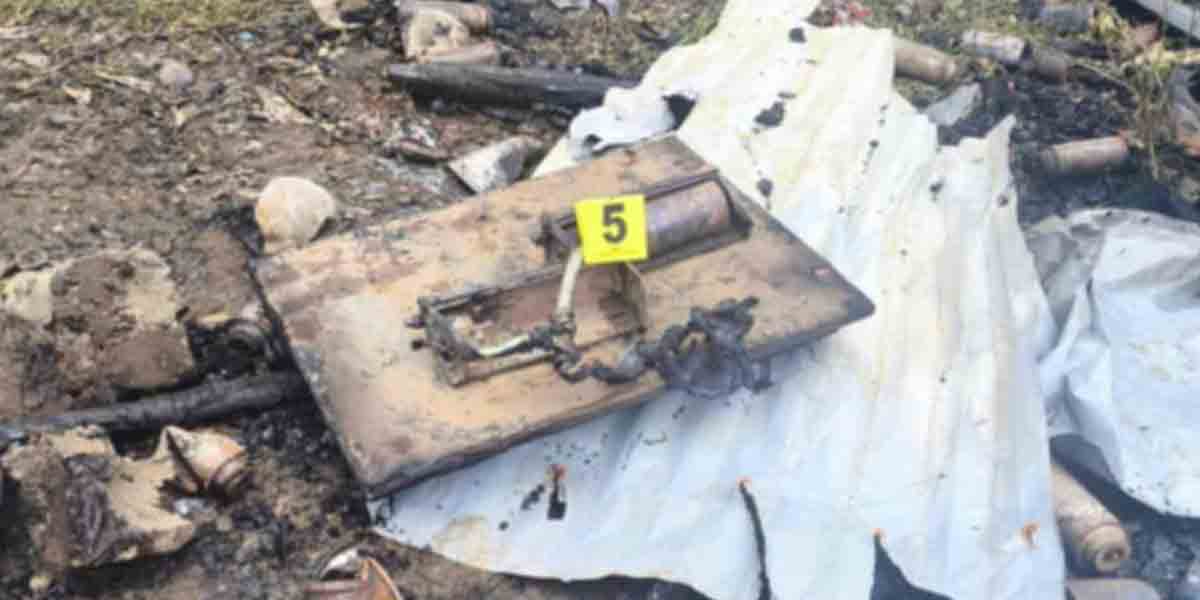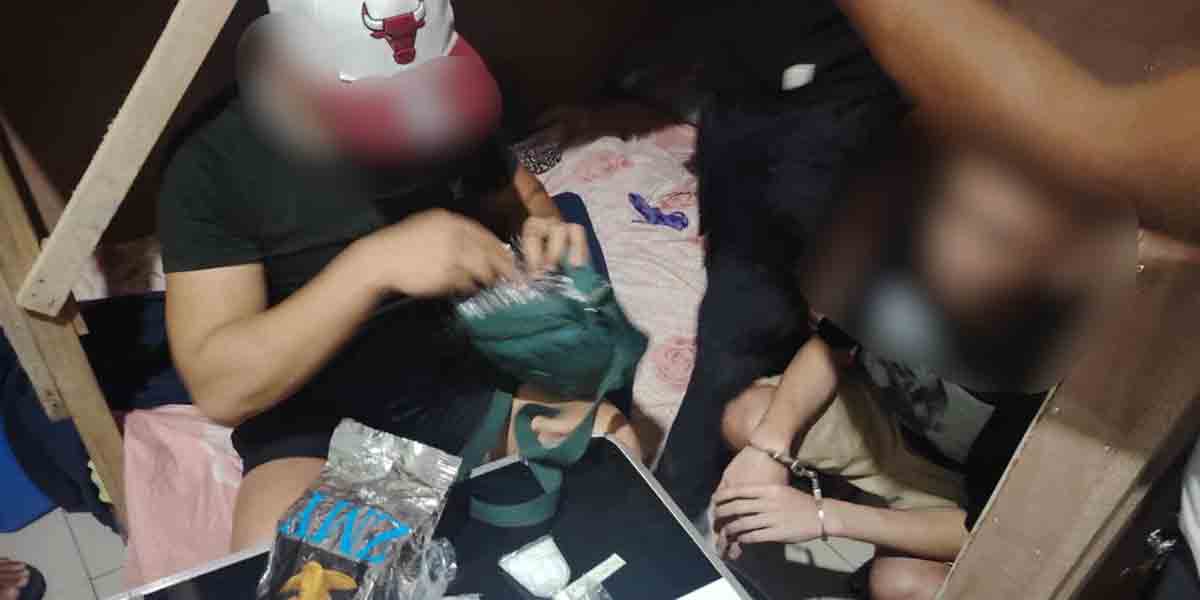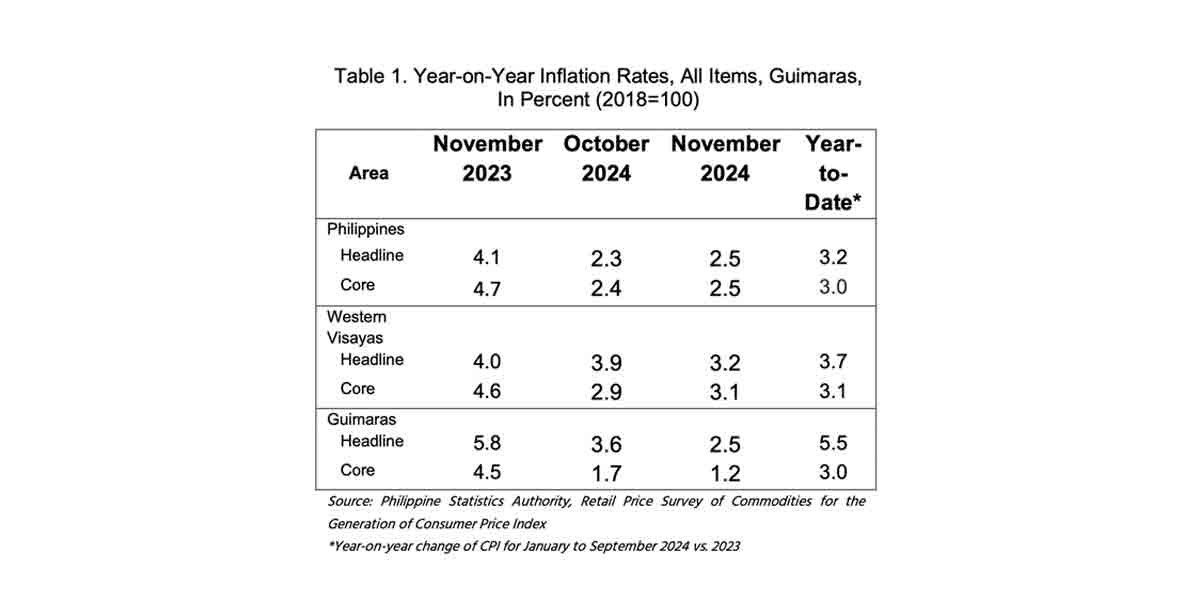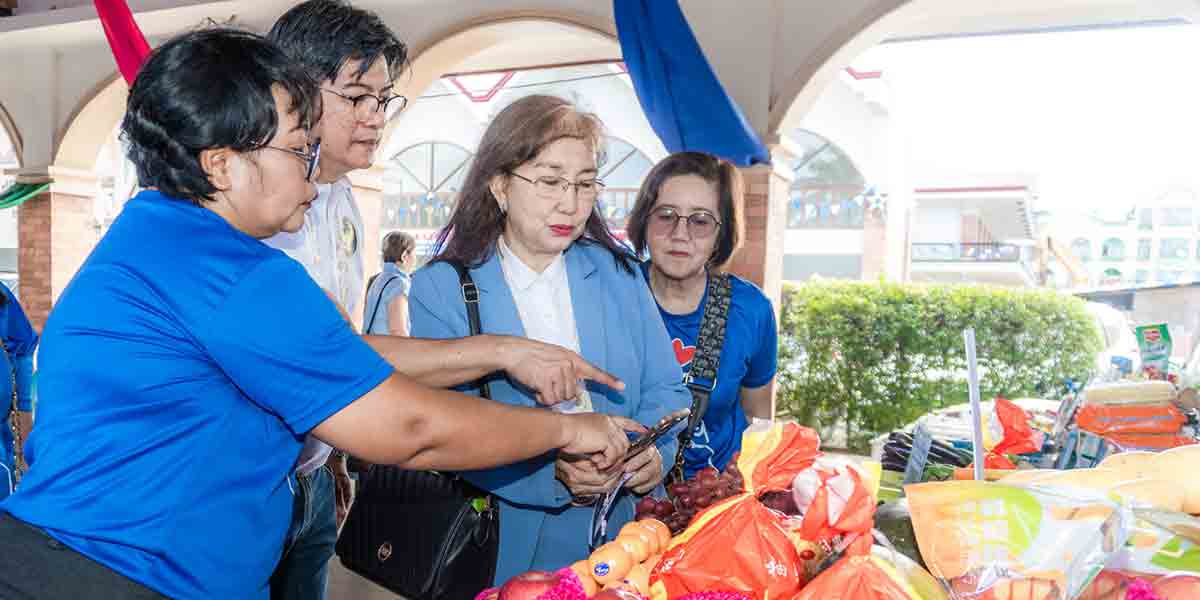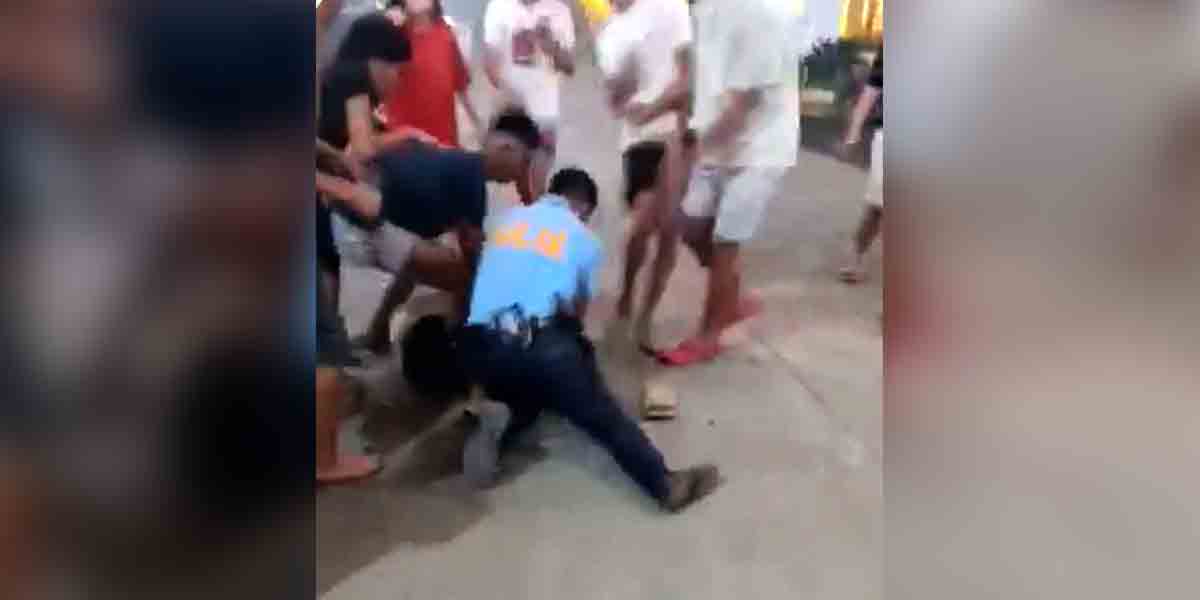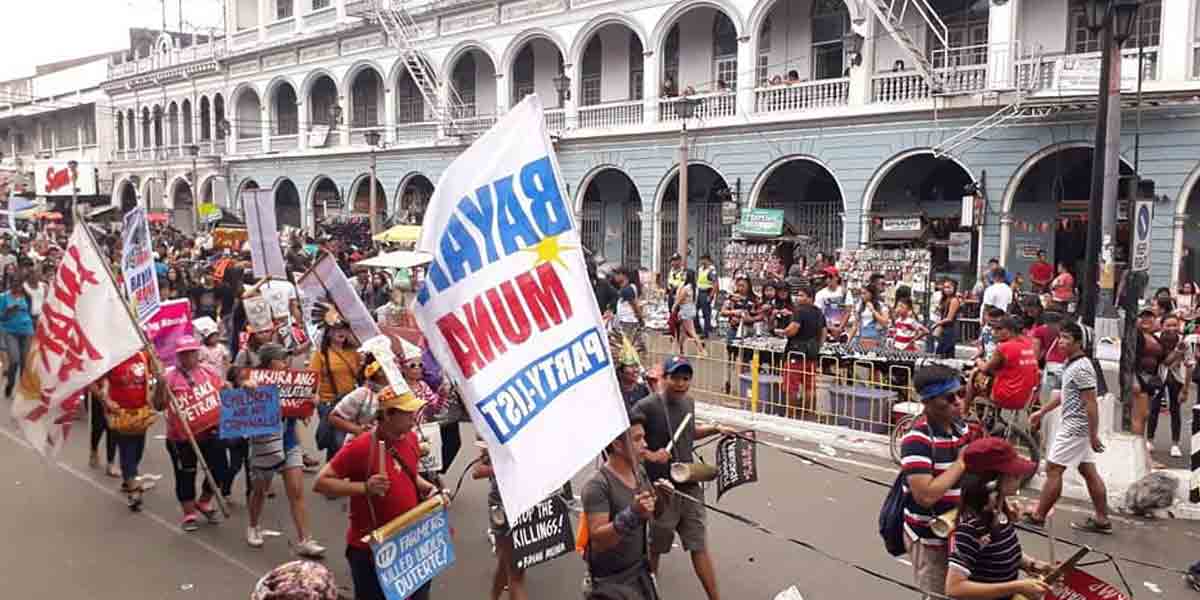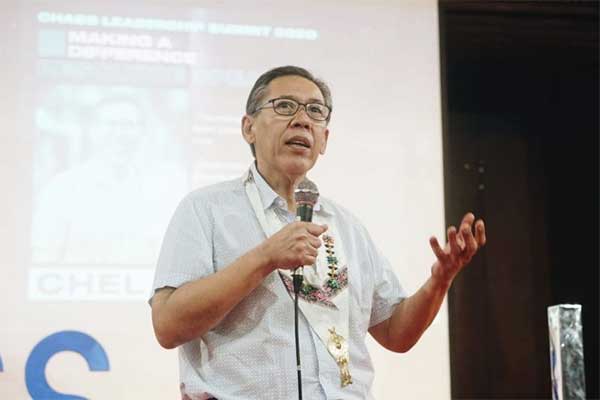
Akbayan Party-list First Nominee Chel Diokno declared today that the Philippine National Police (PNP) was turned into a “killing machine” during the previous administration.
Diokno made the statement after former Philippine Charity Sweepstakes Office General Manager Royina Garma testified during a House Quad Committee hearing that former President Rodrigo Duterte asked her to find an officer who would implement the “Davao model” of the war on drugs on a national scale.
Under the “Davao model,” rewards were given to policemen for killing drug suspects.
“Ang ating pambansang kapulisan ay ginawang isang katayan,” Diokno said.
“The PNP was clearly turned into a killing machine by the previous government. Everyone involved in the war on drugs must be held accountable, led by Duterte and his cohorts,” Diokno asserted.
Following the Quad Committee hearings, Diokno called for urgent action, including investigating the alleged system of rewards for extrajudicial killings (EJKs) in the war on drugs and holding those responsible accountable.
“No civilized society can tolerate giving rewards for the taking of human lives. Criminals must be punished in accordance with the law, not killed. We must never have a police force that is both judge and executioner,” he said.
Diokno also called for a ban on the use of narco and drug lists and urged the passage of a PNP Discipline Act to hold police officers accountable.
“The police cannot discipline their own ranks. A civilian agency like the Civil Service Commission should have the sole and exclusive power to discipline members of the PNP,” he said. “Victims of EJKs and other police abuses should be able to file administrative cases before that agency and appeal dismissals of their complaints to the courts.”
Diokno also proposed requiring clearance from the Commission on Human Rights (CHR) for all PNP appointments and promotions, with a mandate to publicize proposed appointments to allow abuse victims to submit objections and evidence without fear of reprisal.
“We must also investigate how the local government of Davao used its confidential and intelligence funds (CIF),” Diokno said, adding that the billions of pesos in CIF allocated to Davao City should be thoroughly investigated to determine if they were used to fund the so-called Davao Death Squad.
He further called on the government to stop appointing police or retired police officials to civilian agencies, stating that many qualified civilians can handle the roles.
In addition to what is required by the Code of Conduct of Public Officials and Employees (RA 6713) regarding the submission of the Statement of Assets, Liabilities, and Net Worth (SALN), Diokno emphasized that public officials must execute waivers of the Bank Secrecy Law, Data Privacy Act, and other laws to determine if they have acquired ill-gotten wealth.
Diokno also vowed to push for the passage of the Death Recording and Investigation Law, which would require autopsies for individuals killed in circumstances suggesting homicide or suspicion. He proposed removing the Crime Laboratory from the PNP and making it an independent agency headed by forensic experts.
“This is necessary to ensure that homicides and deaths under suspicious circumstances are properly investigated, free from influence or pressure from higher-ups in the PNP,” he said.


